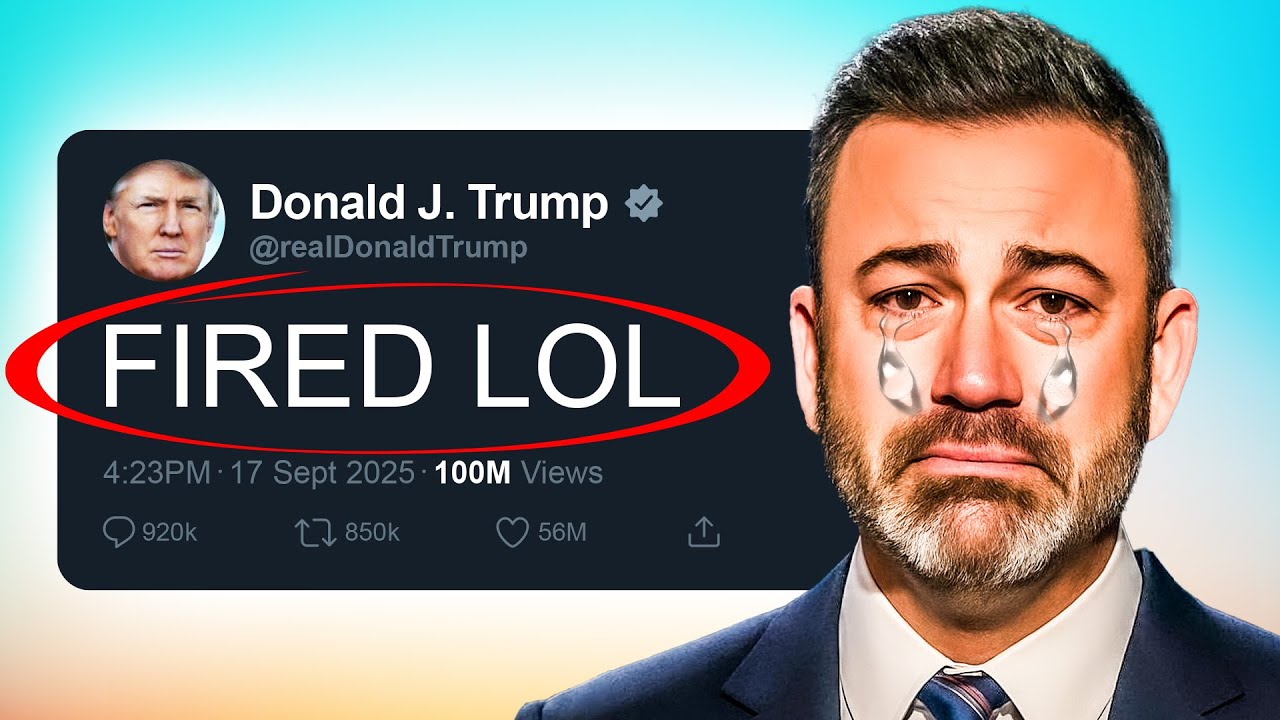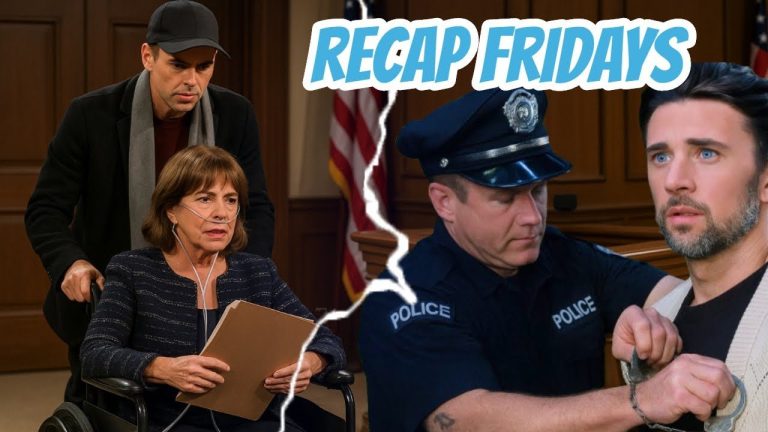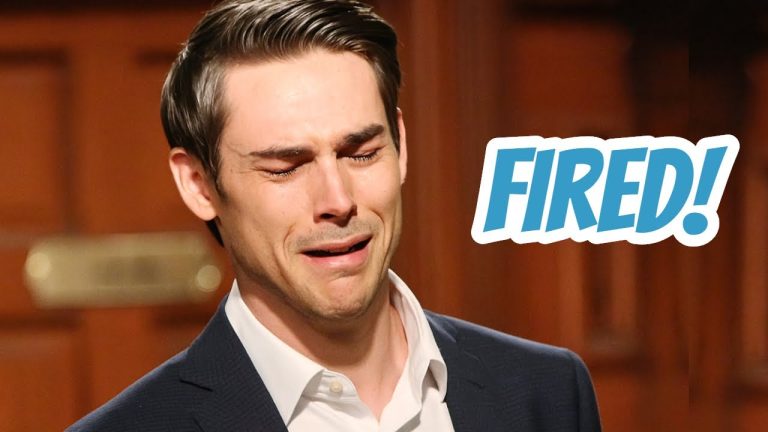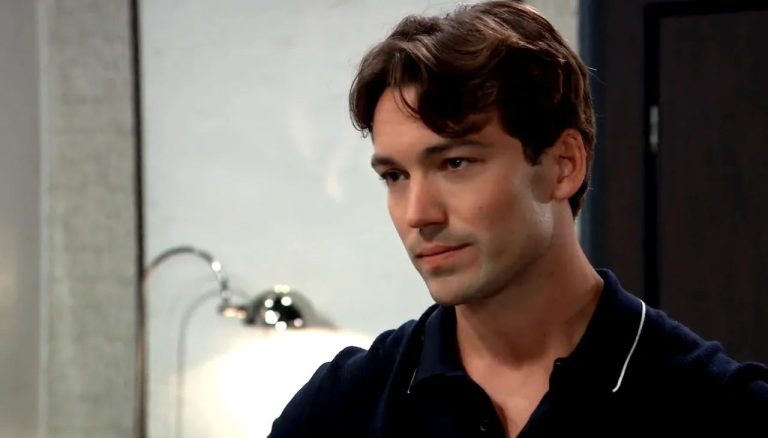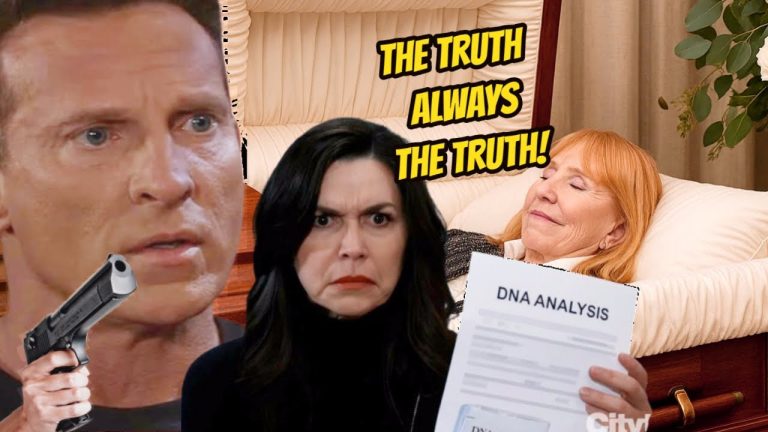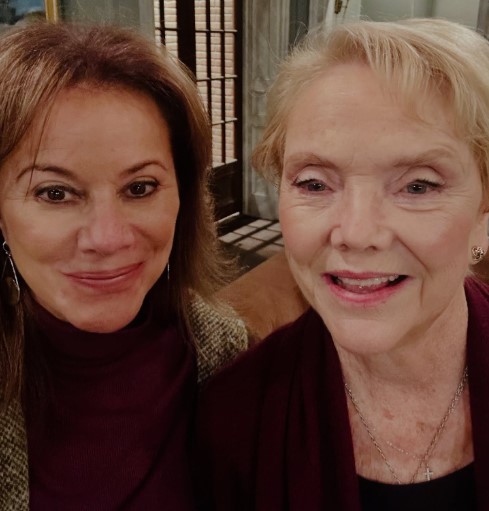Jimmy Kimmel’s Career in Peril: ABC Cancels Late Night Show Amid Controversy
In a stunning turn of events, Jimmy Kimmel’s long-running late-night show has been canceled indefinitely by ABC, following a wave of backlash stemming from his controversial remarks regarding the recent death of conservative commentator Charlie Kirk. This unexpected shake-up in the late-night landscape has sent shockwaves through Hollywood and the media world, raising questions about the limits of free speech and the consequences of incendiary commentary.

The cancellation comes hot on the heels of Kimmel’s September 15 monologue, where he made incendiary claims linking Kirk’s tragic demise to the MAGA movement, a narrative that has been heavily scrutinized and deemed inaccurate. The fallout from his comments was swift and severe, with the FCC expressing disapproval and threatening regulatory repercussions for ABC. The network, eager to avoid further controversy and potential financial fallout, acted decisively to suspend Kimmel’s show.
The controversy ignited when Kimmel suggested that the individual responsible for Kirk’s death, Tyler Robinson, was a part of the MAGA movement, a claim that has been widely discredited. Critics argue that Kimmel’s remarks were not only politically divisive but also insensitive to the complexities surrounding the incident. This mischaracterization has drawn ire from both sides of the political spectrum, leading to intense scrutiny of Kimmel’s statements.

As the dust settles, the implications of this cancellation extend beyond Kimmel himself. It highlights a growing trend where public figures, regardless of their political affiliations, face severe consequences for their online and on-air statements. The backlash against Kimmel serves as a stark reminder of the precarious nature of celebrity in today’s polarized climate, where a single comment can lead to devastating repercussions.
In the wake of Kimmel’s cancellation, discussions surrounding the boundaries of free speech continue to dominate the conversation. While Kimmel’s defenders argue that his comments should be protected under the First Amendment, critics contend that private employers have the right to distance themselves from employees whose statements may harm their brand image.

This incident is not an isolated case; it reflects a broader cultural shift where public figures, from comedians to corporate employees, must navigate the treacherous waters of online discourse with extreme caution. The repercussions of speaking out can be dire, as evidenced by Kimmel’s fate and the fallout experienced by others in similar situations.
As the late-night landscape braces for change, one thing is clear: the stakes have never been higher for those who dare to voice their opinions in the public arena. Jimmy Kimmel’s career may be at a crossroads, but the broader implications of this controversy will undoubtedly reverberate throughout the entertainment industry for years to come.
